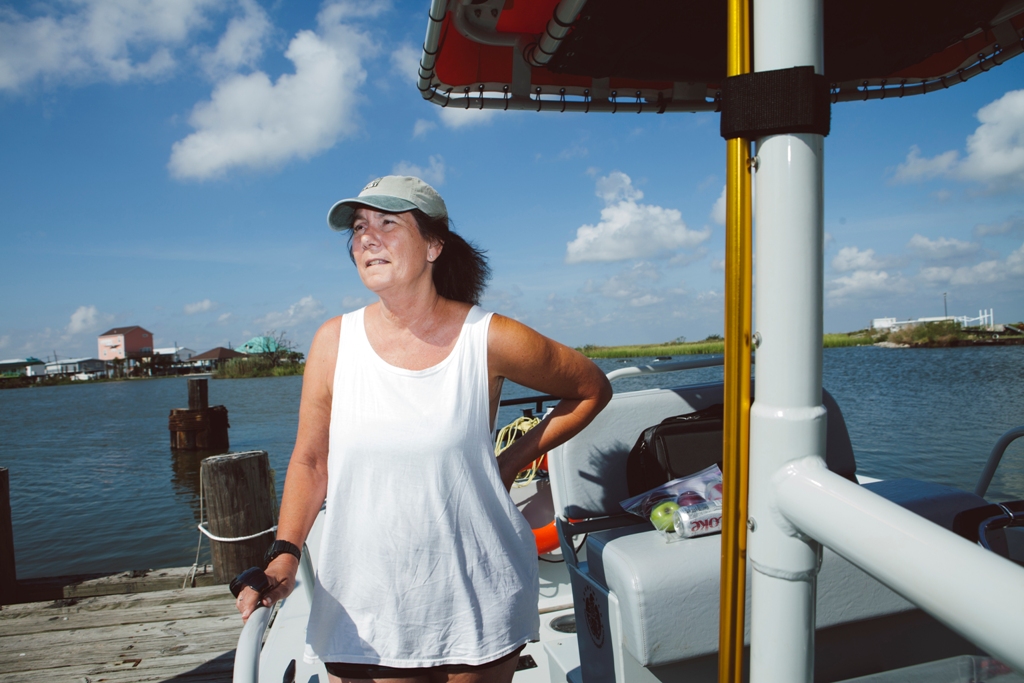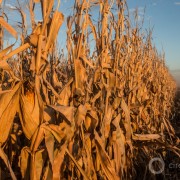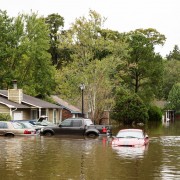Marine Ecologist Studying the Gulf of Mexico Dead Zone Named MacArthur Fellow
To explain water quality in the Gulf, Dr. Nancy Rabalais looked upstream.

Like the wake that trails a great ship, awards are coming in waves to honor the work of Dr. Nancy Rabalais.
Last year, the 62-year-old executive director and professor at the Louisiana Marine Consortium, a research station in the coastal Mississippi River delta, won the Heinz Award for her research on the low-oxygen, aquatic life-killing “dead zone” that forms every summer in the Gulf of Mexico.
In February, Rabalais was awarded the Peter Benchley Ocean Award for Excellence in Science.
And yesterday, she garnered the top honor from the John D. & Catherine T. MacArthur Foundation. Rabalais is one of 23 people named a 2012 MacArthur Fellow, which comes with a no-strings-attached US$500,000 prize and heaps of prestige.
Rabalais’s research has linked the size of the Gulf’s dead zone to excess fertilizer flowing off of farm fields upstream in the Mississippi River basin.
After the Deepwater Horizon oil spill in 2010, Rabalais began studying the effect of the oil-eating bacteria on the Gulf ecosystem.
In June 2011 she spoke with EarthSky radio about what was predicted to be the largest dead zone ever that summer.
As it turned out, a tropical storm that churned the surface water led to a much smaller low-oxygen area.
This summer, it shrank even more, as the drought in the Corn Belt contributed to the fourth-smallest dead zone on record.
“The smaller area was expected because of drought conditions and the fact that nutrient output into the Gulf this spring approached near the 80-year record low,” Rabalais explained. “What wasn’t expected was how the scattered distribution of hypoxia areas differed from any others documented in the past. Confirmed, however, is the strong relationship between the size of the hypoxic zone and the amount of fresh water and nutrients carried to the Gulf by the Mississippi River.”
Brett writes about agriculture, energy, infrastructure, and the politics and economics of water in the United States. He also writes the Federal Water Tap, Circle of Blue’s weekly digest of U.S. government water news. He is the winner of two Society of Environmental Journalists reporting awards, one of the top honors in American environmental journalism: first place for explanatory reporting for a series on septic system pollution in the United States(2016) and third place for beat reporting in a small market (2014). He received the Sierra Club’s Distinguished Service Award in 2018. Brett lives in Seattle, where he hikes the mountains and bakes pies. Contact Brett Walton








Leave a Reply
Want to join the discussion?Feel free to contribute!